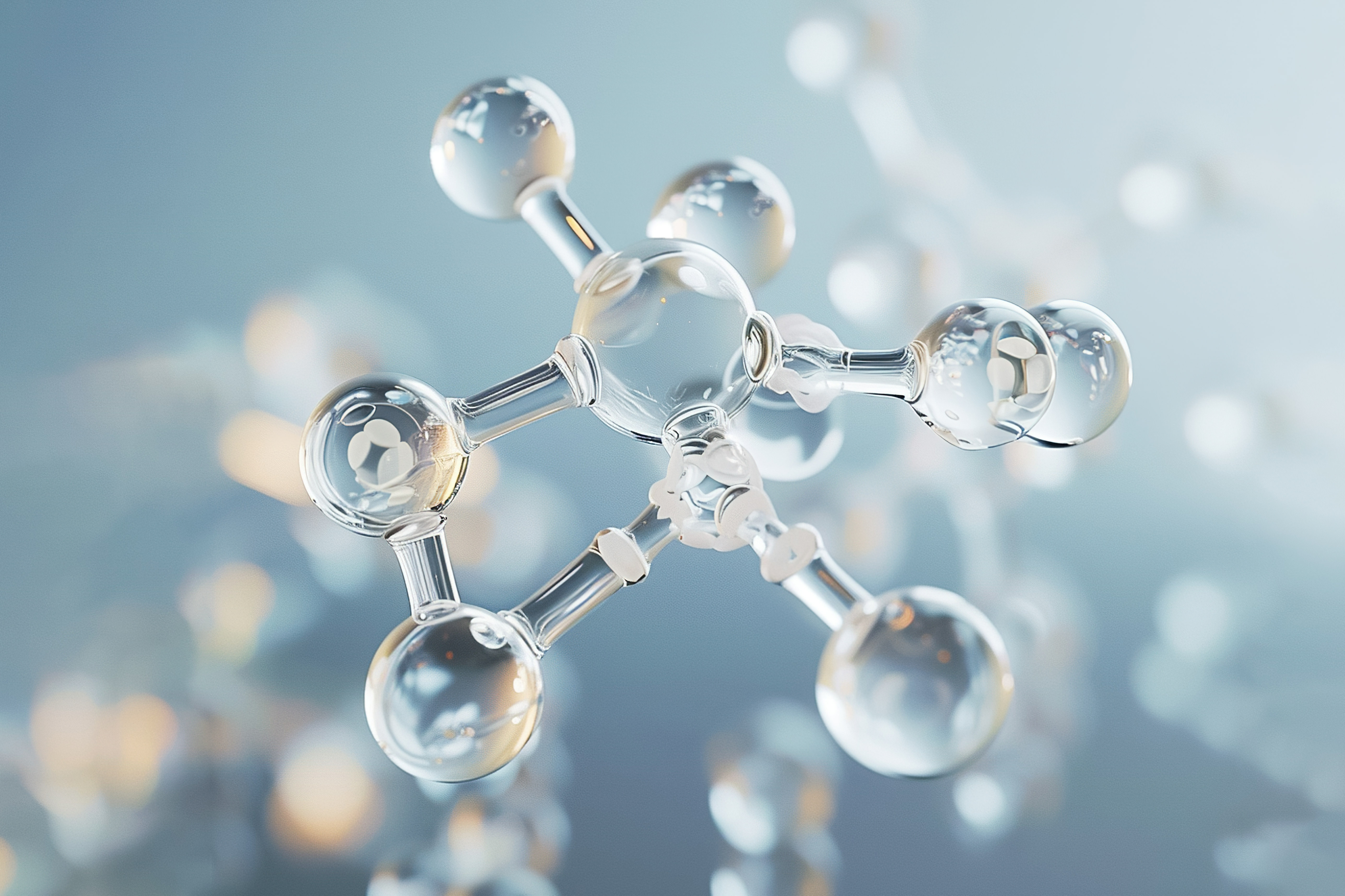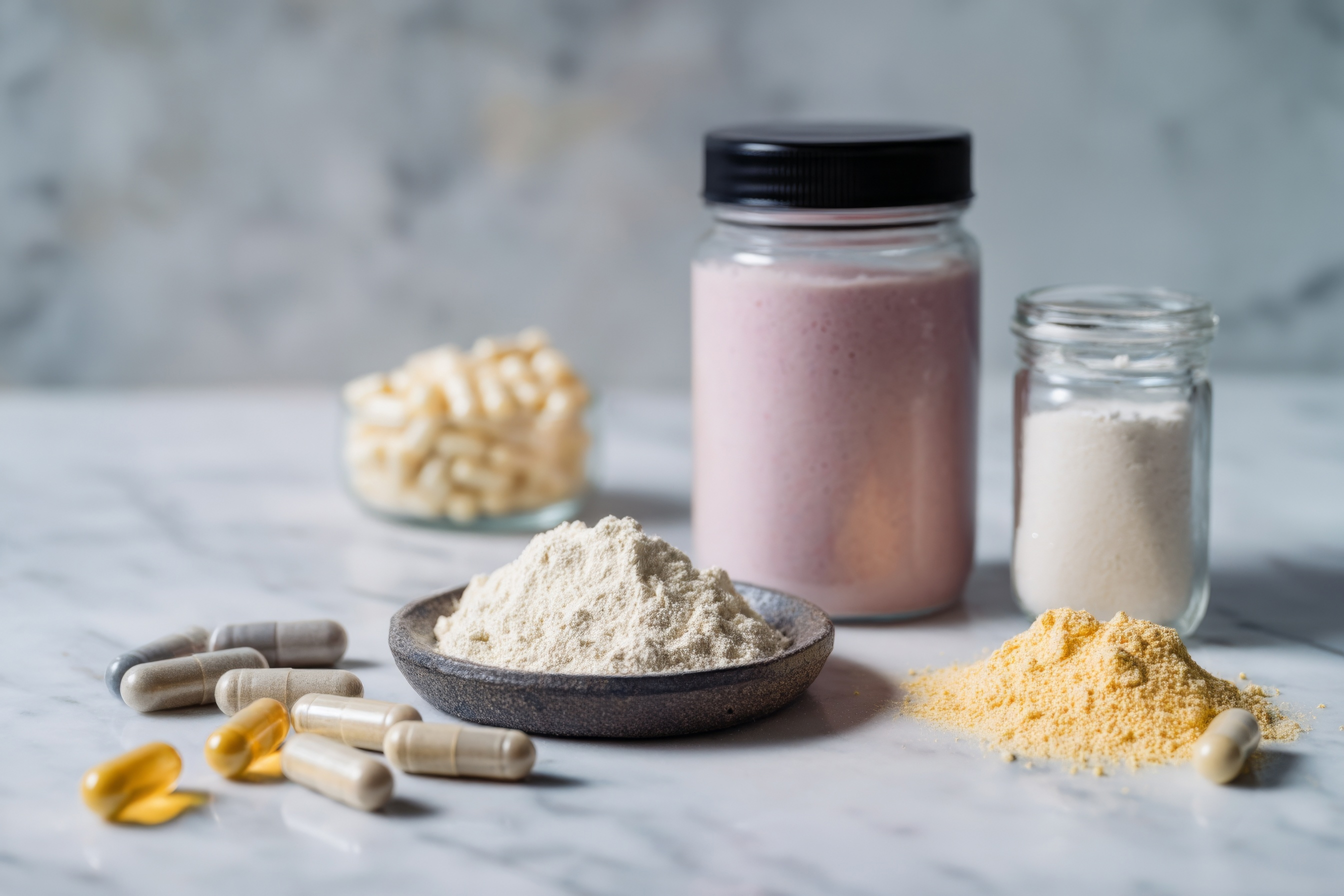recent posts


contact us
Essential Safety Tips in Peptide use

Peptides are short chains of amino acids that have been widely studied in research settings for their potential roles in cellular signaling, repair, and other biological processes. While interest in peptides continues to grow, it’s important to approach their use with caution and a clear understanding of regulatory guidelines.
Here are some essential safety considerations:
- Research-Only Context: Most peptides available today are intended strictly for laboratory and research purposes. They are not approved by the FDA for human consumption, diagnosis, treatment, or prevention of disease unless specifically stated.
- Source Verification: Always ensure that peptides are obtained from reputable suppliers who provide independent third-party testing and Certificates of Analysis (COAs) to verify purity and quality.
- Proper Handling: In laboratory environments, peptides should be handled using standard safety protocols, including the use of gloves, masks, and sterile equipment, to avoid contamination or degradation.
- Storage Conditions: Many peptides require careful storage—such as refrigeration or freezing—to maintain stability and integrity. Always follow manufacturer guidelines for preservation.
- Awareness of Regulations: Researchers must be aware of and comply with FDA and institutional guidelines to ensure peptides are used responsibly within legal and ethical boundaries.
By prioritizing safe handling and compliance, peptides can be studied effectively while minimizing risks and ensuring adherence to proper research standards.









